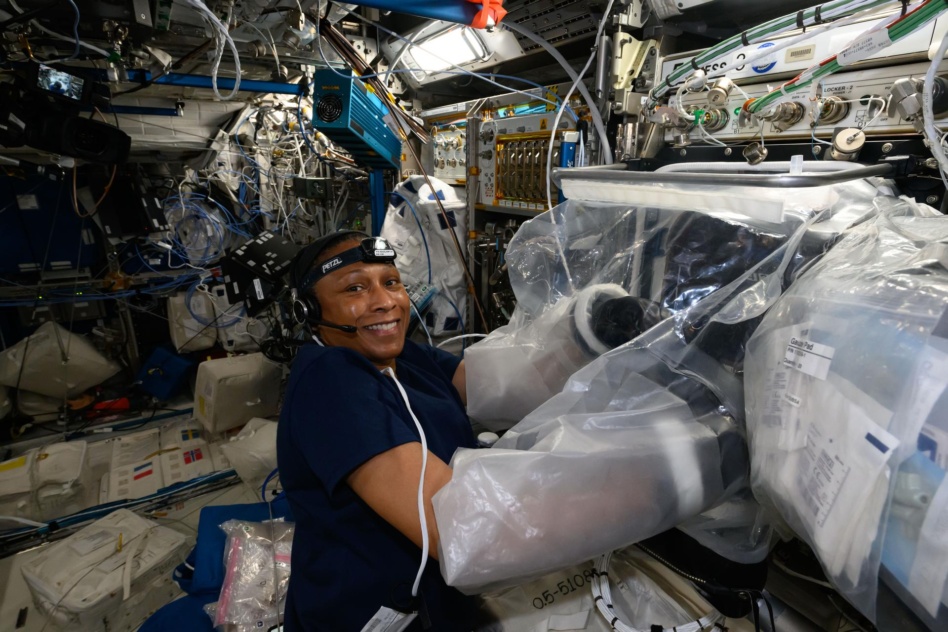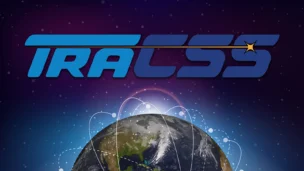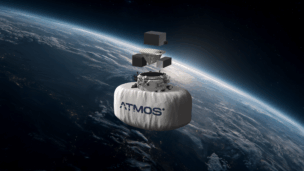Space infrastructure company Redwire ($RDW) is teaming up with Boryung, a Korean health investment fund, to launch a series of new human health investigations to the ISS
Boryung’s third annual Humans in Space contest, which opens the first week of May, will give researchers the chance to pitch their microgravity experiment proposals to the two firms. Selected projects will be taken to the ISS and executed by Redwire, likely starting in 2025.
Boryung began life as a pharmacy in 1957, before becoming a pharmaceutical company. In 2022, it began backing space research, investing in Axiom Space and creating a joint venture with the US spaceflight company.
Picks and shovels: Redwire builds the modules required to perform biotech experiments in space, often autonomously—the next Dragon coming back from the ISS will have samples of bioprinted heart tissue for Redwire, and the next Dragon going up will have experiments it is executing for pharma giant Eli Lilly.
The company has ten facilities for bioprinting, research, and manufacturing aboard the ISS right now.
“This is the golden age, to me,” said Redwire VP Rich Bolling, who has spent 24 years developing microgravity research. A steady cadence of flights to the ISS has helped make microgravity research more accessible, and NASA is encouraging private companies to develop their own habitats in LEO to carry on this research post-ISS.
Bolling said the partnership will help develop the space biotech ecosystem, exposing Redwire to a pipeline of new investigators. His firm is also part of Blue Origin’s Orbital Reef partnership, which will depend on microgravity research as a key source of revenue.




